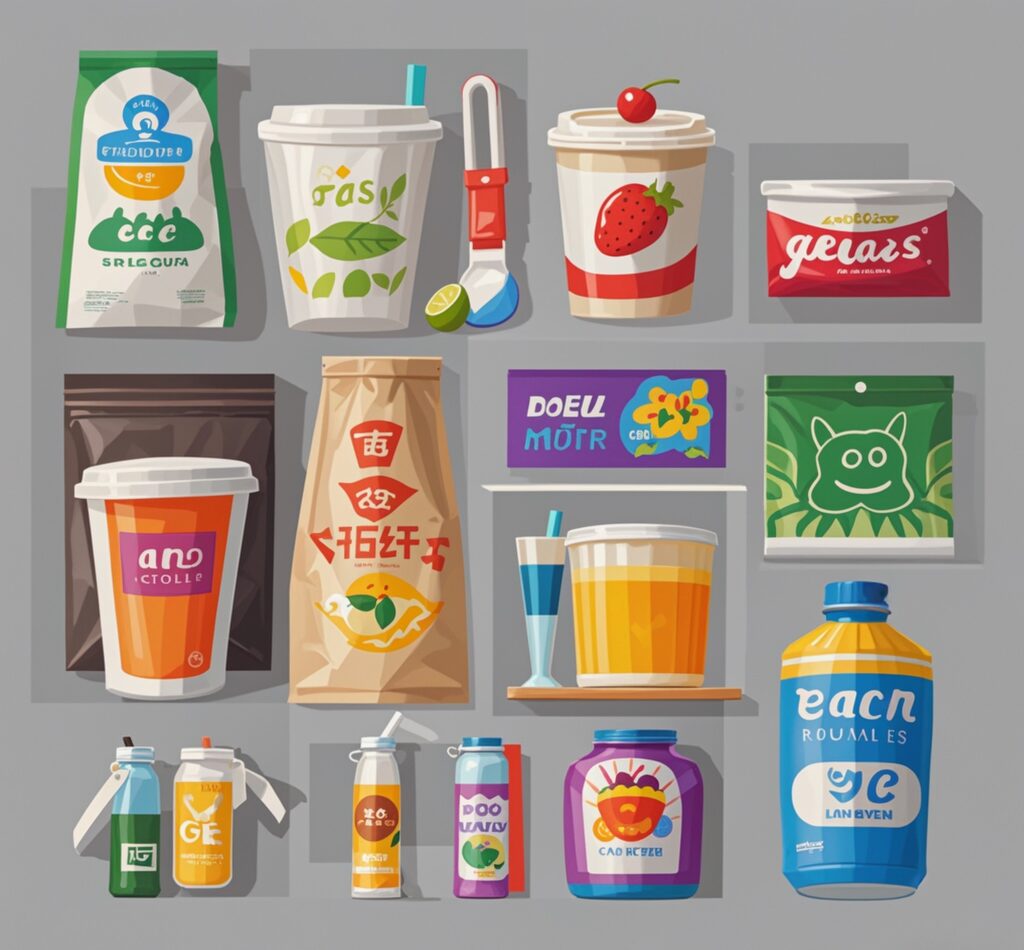Plastic materials:
- Polyethylene (PE):
- Characteristics: It has good flexibility, low-temperature resistance and chemical stability. Non-toxic and odorless, harmless to the human body.
- Uses: Commonly used in making soft packaging beverage bags, such as some disposable beverage packaging bags and soybean milk bags. It can effectively prevent beverage leakage and has a relatively low cost.
- Polypropylene (PP):
- Characteristics: It has high hardness, good heat resistance and can be used at higher temperatures without deformation. It has good transparency and can show the appearance of beverages.
- Uses: Suitable for making beverage packaging bags that require certain strength and heat resistance, such as some juice bags for high-temperature sterilization.
Composite materials:
- Polyester/aluminum foil/polyethylene (PET/AL/PE):
- Characteristics: The polyester layer provides good strength and transparency; the aluminum foil layer has excellent barrier properties and can effectively block the penetration of oxygen, light and moisture to maintain the freshness and taste of beverages; the polyethylene layer plays a sealing and protective role.
- Uses: Commonly used in the packaging of high-end beverages, such as functional beverages and juice beverages, which can extend the shelf life of beverages.
- Nylon/polyethylene (PA/PE):
- Characteristics: The nylon layer has high strength, puncture resistance and good barrier properties; the polyethylene layer provides sealing and softness.
- Uses: Suitable for packaging some beverages with special requirements, such as juice beverages containing particles and sports beverages, which can prevent the packaging from being punctured during transportation and storage.

